
Workshops help imams immerse themselves in Swiss reality
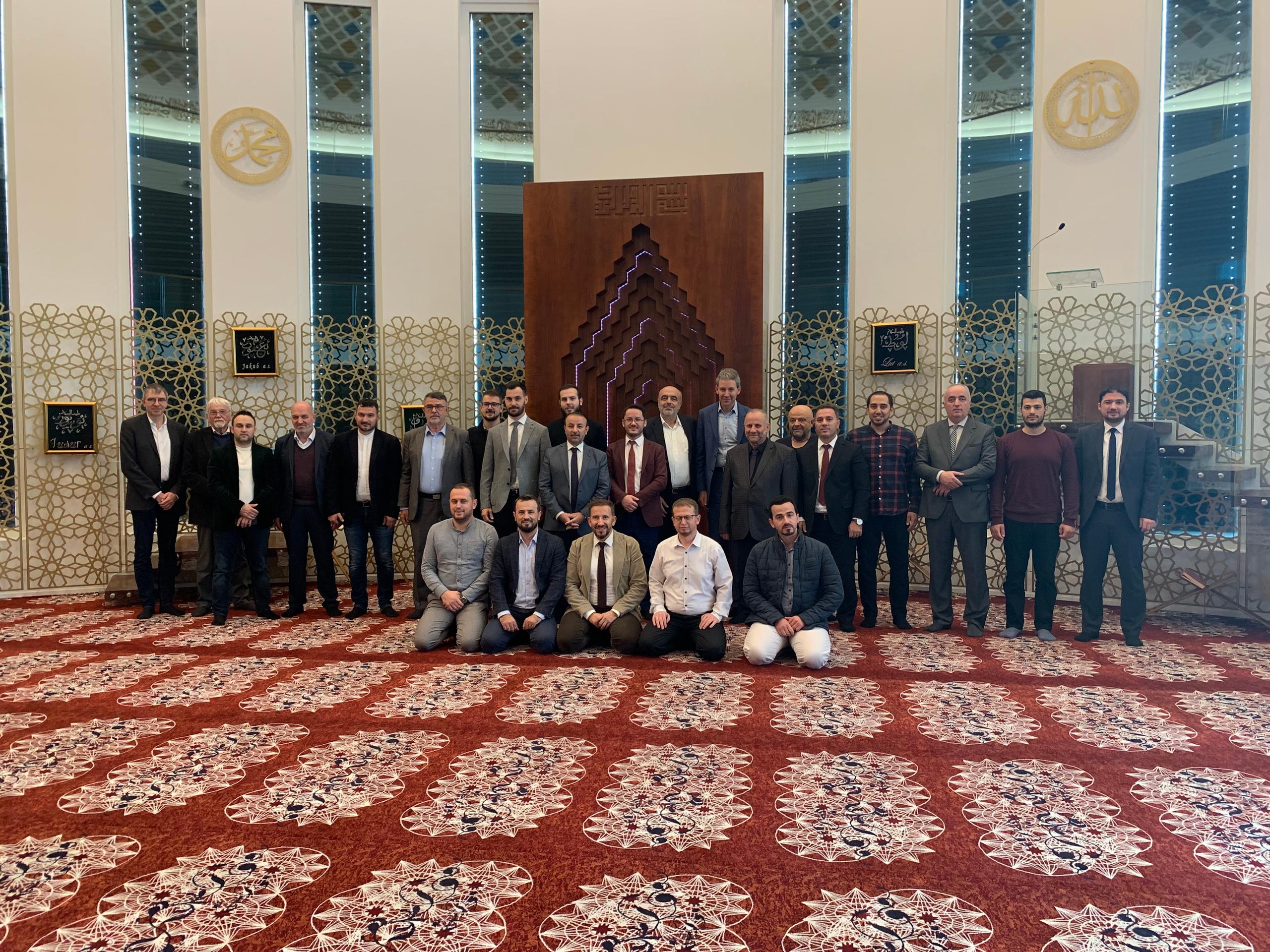
The Swiss Centre for Islam and Society at the University of Fribourg completed its first further education course for imams in autumn. Hansjörg Schmid, director of the centre, takes stock of the experience.
The 12-month course attracted a great deal of interest, with just over half of the 120 imams in Switzerland taking part in the various workshops.
For these Muslim clerics it was an opportunity to familiarise themselves with Swiss realities and to learn how to manage a flood of demands. They have to juggle pastoral care of the community with acting as a point of contact with the authorities concerning complex issues such as integration and radicalisation.
SWI swissinfo.ch: What did this course actually involve?
Hansjörg Schmid: The course was tailor-made, because there are two main groups of imams. There are those who arrive in Switzerland and need an orientation to better understand the legal context, the role of religion in public life and the conditions for communities and young people. So these were more like introductory workshops.
We had a second type of workshop, more practical, for imams who had already been in Switzerland for several years. For example, there were two workshops on communication in the broad sense, with a focus on communication within the community – for example, thoughts about what it means to preach while taking account of the needs of the target groups – and another on communication with society, in particular working with various authorities.
It’s important for us that the imams can then put into practice what they have learnt in these workshops. The emphasis was also placed on opening up to society with open days and meetings. For example, one imam organised a Red Cross blood donation so that he would become more engaged in Swiss civil society.
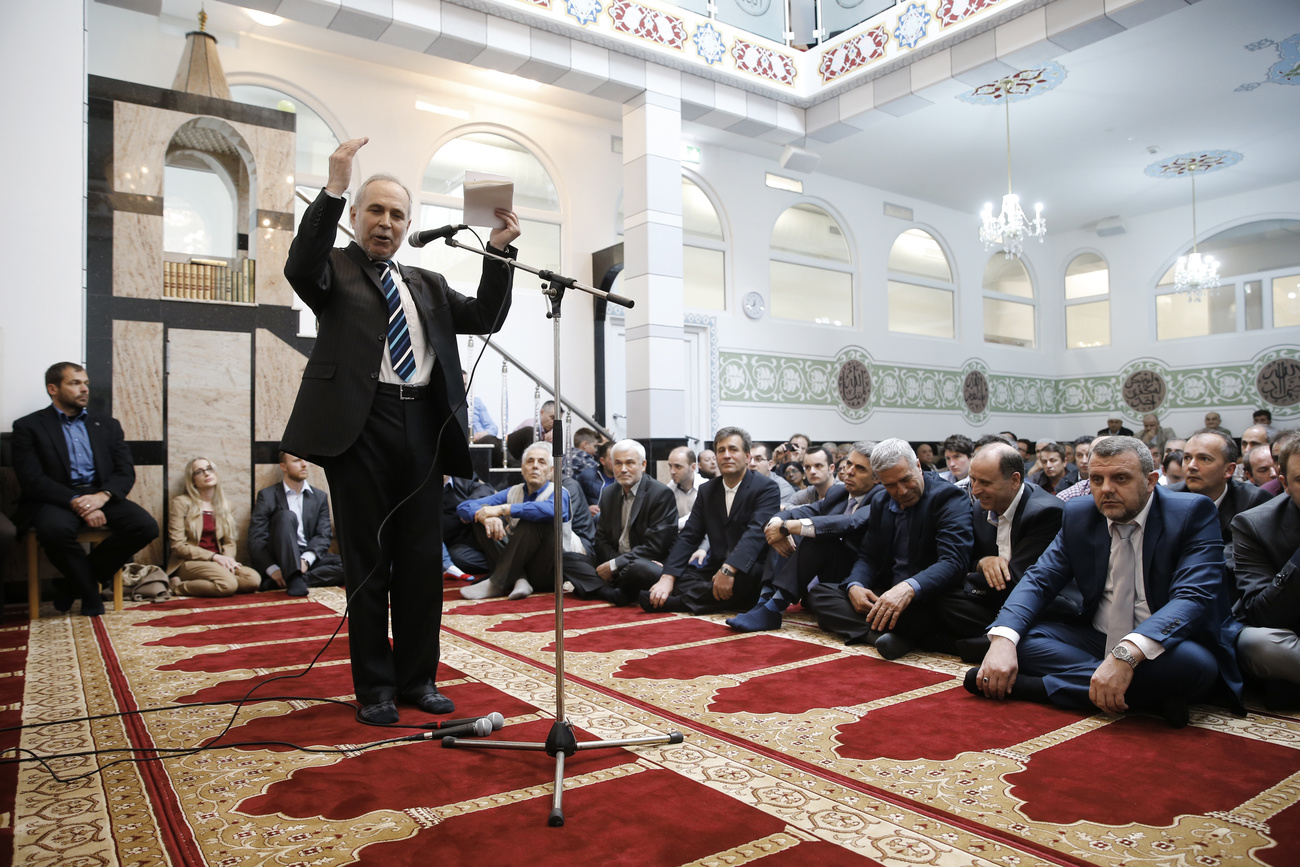
More
Bernese imam resigns after forced marriages scandal
SWI: What is the biggest problem that these imams face in their work in Switzerland?
H.S.: The volume of expectations and demands they face is a real challenge. It’s as though the imam were some kind of magic wand – a “super imam” dealing with all the personal problems within communities. But they also act as interlocutors with the authorities on behalf of young people with problems, such as integration difficulties or radicalisation. Imams are seen as experts in all these matters and it’s difficult for them to have all the necessary skills and to manage these multiple demands.
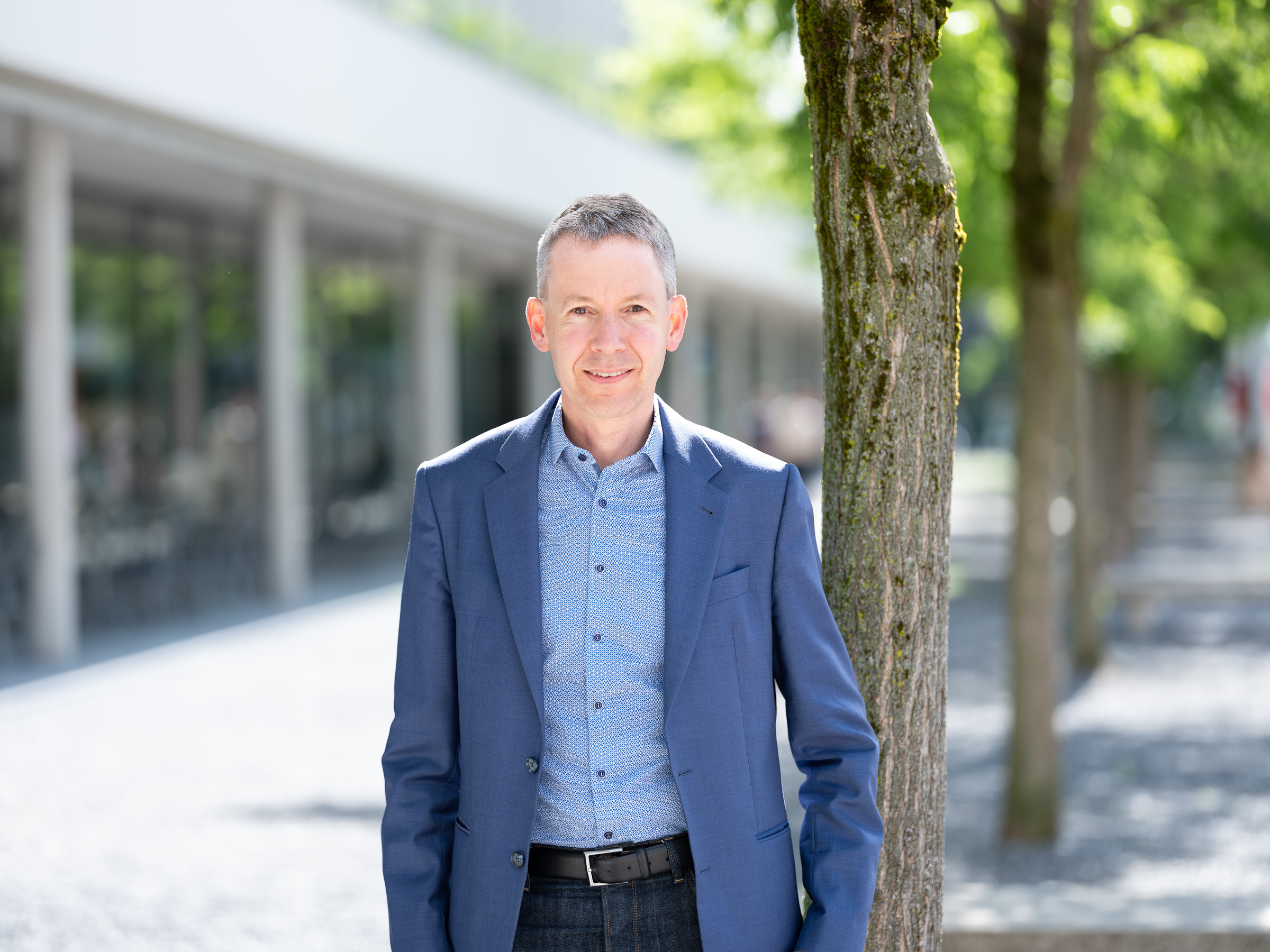
This is specific to a migrant context. In Turkey, the imam is above all the person who opens the mosque, leads the prayer services and preaches. But here in Switzerland, his role expands considerably to include caring for the members of his community: he plays a social role or acts as a mediator.
SWI: Imams come from different communities. Are there therefore differences in their problems and expectations?
H.S.: There is a lot they share, but the training and recruitment of imams is different. A large proportion of the Turkish imams – about 30 – are recruited in an official process. They are sent to Switzerland with the status of Turkish civil servants, usually for five years. This situation brings specific challenges, as they often don’t yet know the local language and culture very well.
In the Albanian- and Bosnian-speaking communities, the imams stay in office much longer, so they are more rooted in the Swiss context. Among the Arabic speakers, several of the current imams did not arrive with a classical imam training but came to Switzerland as students or workers. Owing to their good religious knowledge, they were recruited by communities in Switzerland.
SWI: A few years ago, following Islamist attacks, the fact that imams could preach in foreign languages and hold radical speeches without being understood by the authorities caused controversy in France and Belgium, but also in Switzerland. Has this language issue changed?
H.S.: Yes, very much so. I would even say there has been a paradigm shift. More and more, imams are preaching in both the original language and the local language. Communities are naturally becoming multilingual, because the younger generation born in Switzerland often has a better command of the national languages than of their parents’ mother tongue. Estimates indicate that at least half of the mosques have sermons in two languages.
This is a very clear trend and strong evidence that Islam and imams have become a Swiss rather than a foreign reality. This should continue to evolve; in ten or 20 years it will be normal to preach in the national languages.
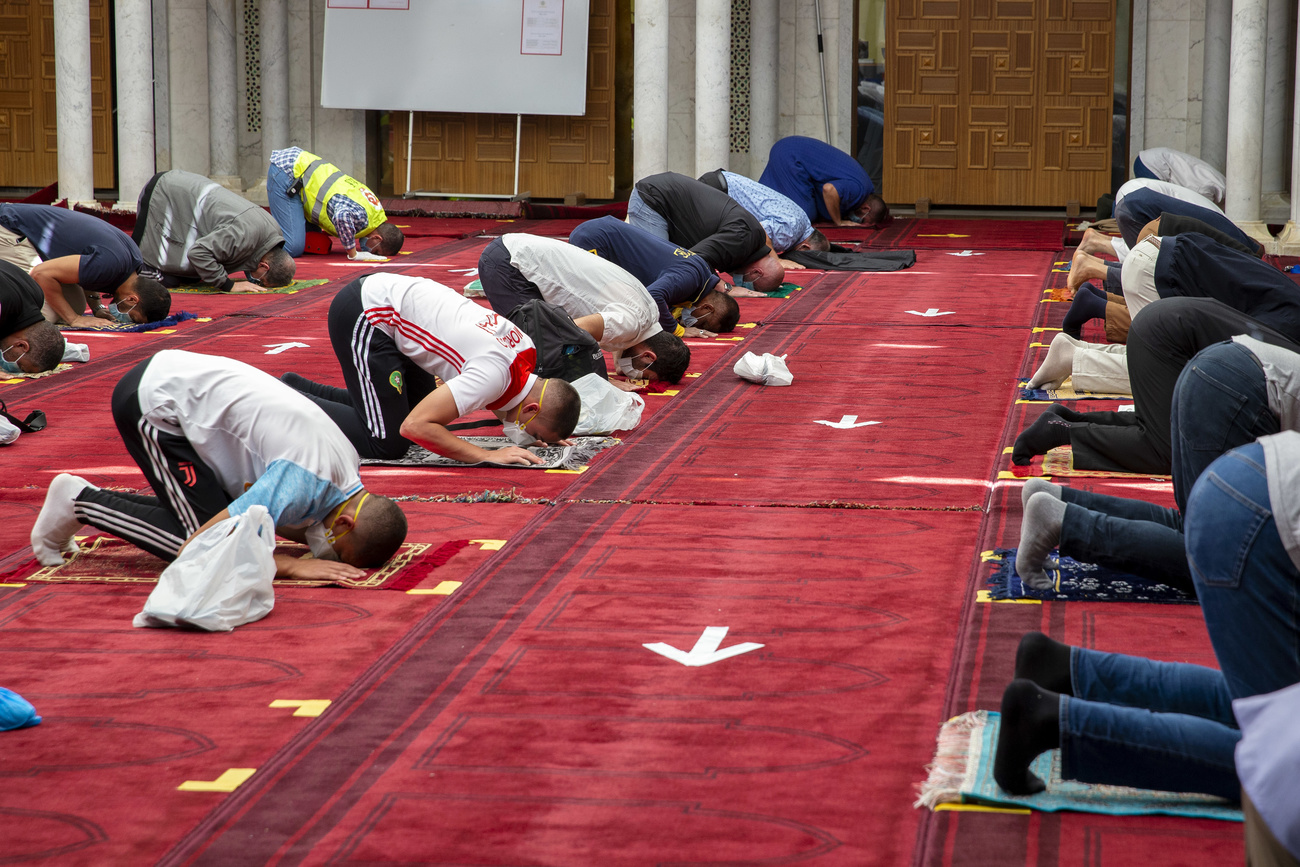
More
The challenges for young Swiss Muslims after 9/11
SWI: Another problem sometimes mentioned is that of the financing and training of imams in Europe by Turkey or the Gulf States, which are not necessarily politically neutral. How serious is this problem?
H.S.: It is often overestimated, because even if they are trained elsewhere, imams have their own character, their own background, their own motivations. They should be seen as individuals with their own way of acting and not immediately labelled as the product of a “Turkish” or “Arab” institution.
That said, the question could be especially relevant for Turkish imams, who are sent from Ankara. But we have seen in the workshops that there is no political discourse, which is in line with the guidelines for these imams. Moreover, Turkish university training in Islamic theology incorporates an interdisciplinary approach, for example towards psychology, which can help deal with issues in Muslim communities in Switzerland.
The Gulf States, and especially Saudi Arabia, award scholarships to attract students in the hope that they will then spread their concept of Islam, which is more difficult to reconcile with the Swiss context. But we have found that someone from the Balkans, for example, who has studied in Saudi Arabia, retains their free will and can integrate less rigorous aspects of Islam that they learnt in their youth. After all, the place of education is not everything; it depends a lot on the individual. Some people can become radicalised while studying at university in Switzerland…

More
Finding my religion
SWI: Speaking of courses in Switzerland, do you envisage a time when basic training to become an imam will take place in Switzerland?
H.S.: I don’t think that’s realistic at the moment. It would take a lot of resources to offer a complete course in Islamic theology in Switzerland. There’s also the risk that state interference in the training of imams would not be accepted by the communities. By contrast, studying abroad confers a certain legitimacy. I therefore believe that the current solution – the basic course abroad and further training in Switzerland – remains the most pragmatic.
SWI: Apart from the Turkish community, communities choose their own imam. Does this open the door to the emergence of a specifically Swiss Islam?
H.S.: Yes, it might contribute to this, but it’s important to stress that it’s not only the imams who are building a Swiss Islam. For the younger generation, Swiss Islam is already an integral part of their daily reality. Imams do play a role, but they are not all-powerful. As with priests or pastors, the faithful do not necessarily practise everything that is preached. We also observe a critical discourse, for example from women who do not agree with the imams and say they neglect their concerns.
SWI: Indeed, what role do women play in this? Is it possible to envisage female imams in Switzerland one day?
H.S.: Traditionally, in most Muslim communities, it is the men who take on this role. But there is an increasing number of women playing active parts in communities, for example giving spiritual guidance in hospitals, working with youth or in education. We intend to better integrate these women who perform some of the functions of an imam in our future courses.
One challenge is that communities often have few resources. Many of these women therefore work on a voluntary basis – as do some imams. The fact that women are getting involved in the communities suggests there is a momentum that may lead to other roles in the future.
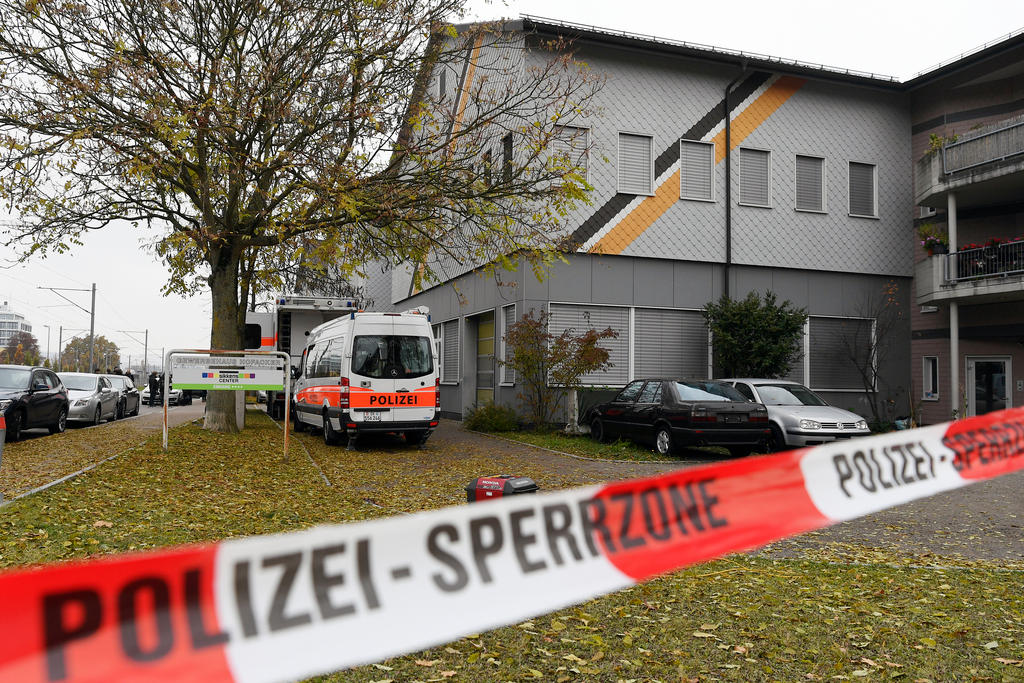
More
Swiss press paints Muslims in negative light
Edited by Samuel Jaberg. Translated from French by Catherine Hickley

In compliance with the JTI standards
More: SWI swissinfo.ch certified by the Journalism Trust Initiative





























You can find an overview of ongoing debates with our journalists here . Please join us!
If you want to start a conversation about a topic raised in this article or want to report factual errors, email us at english@swissinfo.ch.